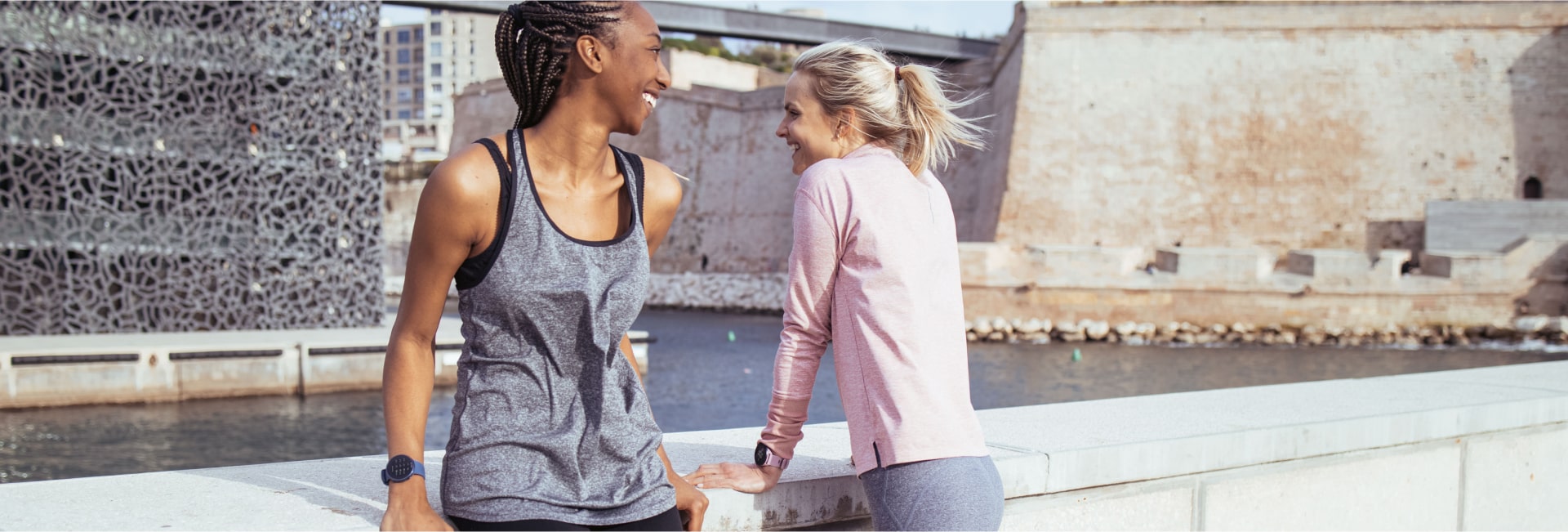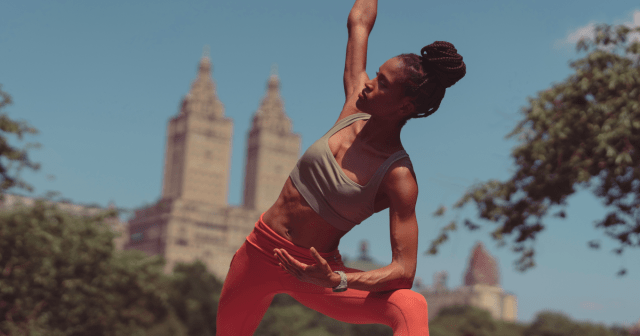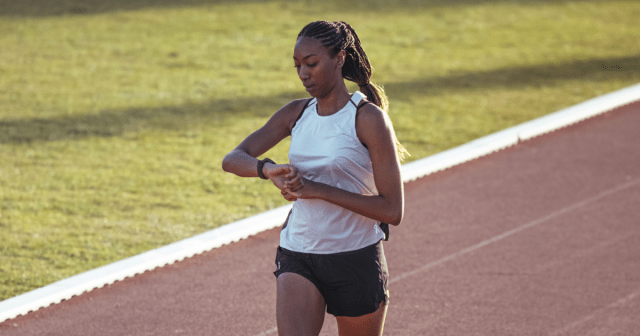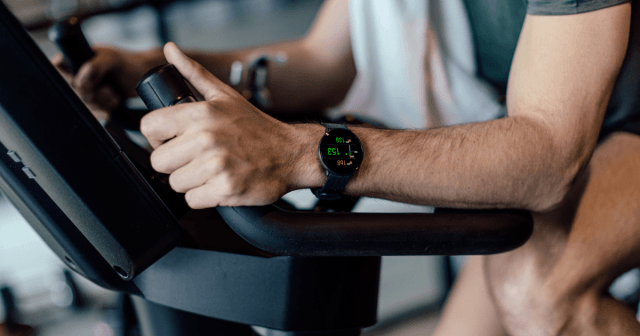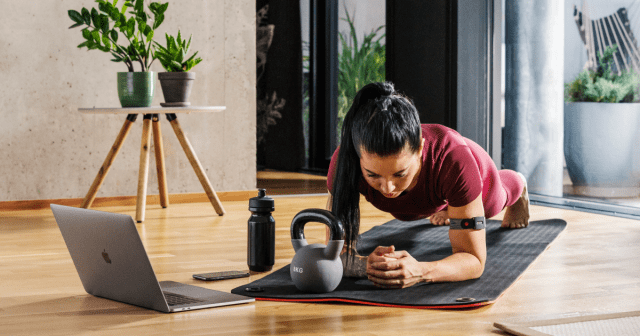When it comes to health, we’re all aware of our physical and mental wellbeing – but what about our social health? Yes, that’s right. There’s another form of health that’s important not just in our everyday lives but for our longevity too.
So, what is our social health? And why is exercising with others a great way to boost it? Here’s everything you need to know about social health, movement, and connection.
What is social health?
For adults, our social health is defined by our ability to build meaningful relationships with friends, family, romantic partners, and work colleagues. The capacity to create and maintain social connections is a sign of good social health, which has a considerable impact on our physical and mental health.
It wouldn’t be surprising if experiencing a lockdown during the pandemic caused you to think about your social health without knowing what it is. Some of the symptoms of poor social health are feelings of loneliness and isolation, which many of us encountered during this time. As we struggled to connect IRL with others, we may have felt depressed, anxious, or lethargic, which shows how our social health can impact our general wellbeing.
It’s important to note that not everyone who spends a lot of time on their own is lonely, and indeed people with very active social lives can still experience feelings of isolation at times. It’s all about finding the right balance and enhancing your connections so that you feel like you have a robust support system in your everyday life.
Who can benefit from improving their social health?
Everyone. We can all reap the benefits from working on our relationships with others. In the same way that we may eat healthy to boost our physical health and do self-care or therapy to enhance our mental health, we can also be proactive about spending time with our friends and loved ones to help our social wellbeing.
Two groups in society are particularly at risk of poor social health:
- Younger folks have grown up in a world where mobile phones and the internet have always been a part of their everyday life. While connecting online can build a sense of connection and community, we must also have meaningful offline experiences. During our younger years, we also learn how to create healthy social relationships, so spending time making friends and investing in our relationships with loved ones is vital.
- For older people, our support system can often shrink in later life, so it is crucial to be proactive about making new friends, engaging with local communities, and spending quality time with loved ones. Not only will it enhance your support system, but it will also boost your cognitive functioning, quality of your sleep, and overall health and wellbeing.
How exercise creates connection
One of the best ways of enhancing your relationships with others and therefore boosting your social health is through movement. Doing any form of physical activity bumps up your brain’s production of feel-good hormones called endorphins. When we experience this with others, it boosts the bond we feel with them, enhancing the sense of enjoyment we get from socializing.
A 2015 study from Oxford University, UK, looked at how rugby players perform when they warm up together versus on their own. They found that the anaerobic performance of the participants significantly improved when they physically prepared for the game as a team. The study suggested that these findings substantiated the “claims concerning the reciprocal links between group exercise and social bonding, and may help to explain the ubiquity of collective physical activity across cultural domains as varied as play, ritual, sport, and dance.”
People who are regularly active have a stronger sense of purpose, and they experience more gratitude, love, and hope. They feel more connected to their communities and are less likely to suffer from loneliness or become depressed. These benefits are seen throughout the lifespan.
Dr. Kelly McGonigal
In her book, The Joy of Movement: How Exercise Helps Us Find Happiness, Hope, Connection, and Courage, health psychologist and Stanford University lecturer Dr. Kelly McGonigal explains why exercise is such an important way of enhancing our relationships with others. “Movement offers us pleasure, identity, belonging, and hope,” says McGonigal. “It puts us in places that are good for us, whether that’s outdoors in nature, in an environment that challenges us, or with a supportive community. It allows us to redefine ourselves and reimagine what is possible. It makes social connection easier.”
For those wanting to strengthen their social health, exercise can be a great way to build on your pre-existing bonds with colleagues and loved ones. It can also be a great way of making new friends. “I don’t think it’s a coincidence that so many people are drawn to communities where they can pursue physical challenges alongside others,” McGonigal observes in her book. “It’s a joy to watch people exert themselves, face their fears, and overcome their obstacles.”
We know exercise is vital for our physical health and, in recent years, have come to understand that it has a significant impact on our mental wellbeing too. But perhaps we should also be considering the benefits for our social health. “People who are regularly active have a stronger sense of purpose, and they experience more gratitude, love, and hope,” notes McGonigal. “They feel more connected to their communities and are less likely to suffer from loneliness or become depressed. These benefits are seen throughout the lifespan.”
EXERCISE IDEAS FOR STRENGTHENING CONNECTIONS
There are many different types of physical activities that you can enjoy with others. Here are some fun examples:
- Walking. Have a chat while wandering around.
- Climbing. Always best done in pairs.
- Hiking. Get your heart rate up and see some beautiful sights together.
- Dancing. Try a class together or throw a party.
- Tennis. Singles or doubles – the more, the merrier.
- Running. Chat over an easy jog or try a trail run for some adventure.
- Cycling. A great way to explore together.
- Golf. Ditch the cart and walk the greens.
- Yoga. Stretch into your social connections.
- Swimming. Do some laps or find an outdoor spot.
- Gym. Overcome any gym anxiety by going with a friend.
How to find fitness friends
If you don’t have people in your life who enjoy exercise as much as you do, you can always make some new fitness friends and boost your social health even further. Perhaps when your colleagues and loved ones see how much you enjoy exercising with others, they may want to join too. After all, who doesn’t want their own #fitfam?
Here are some great ways to meet new friends through exercise:
- Join a walking or running club.
- Sign up for some classes at your local gym.
- Try a charity run or fundraising walk (or even a triathlon!).
- Find out if a boot camp fitness group exists in your local park.
- Search for your local sports club – football, tennis, or tai chi.
So, why not get out there and be active with others today? You can enhance your pre-existing relationships and perhaps make some new friends along the way. It’s a definite win-win.
If you liked this post, don’t forget to share so that others can find it, too.
Or give it a thumbs up!
I like this article
Please note that the information provided in the Polar Blog articles cannot replace individual advice from health professionals. Please consult your physician before starting a new fitness program.
